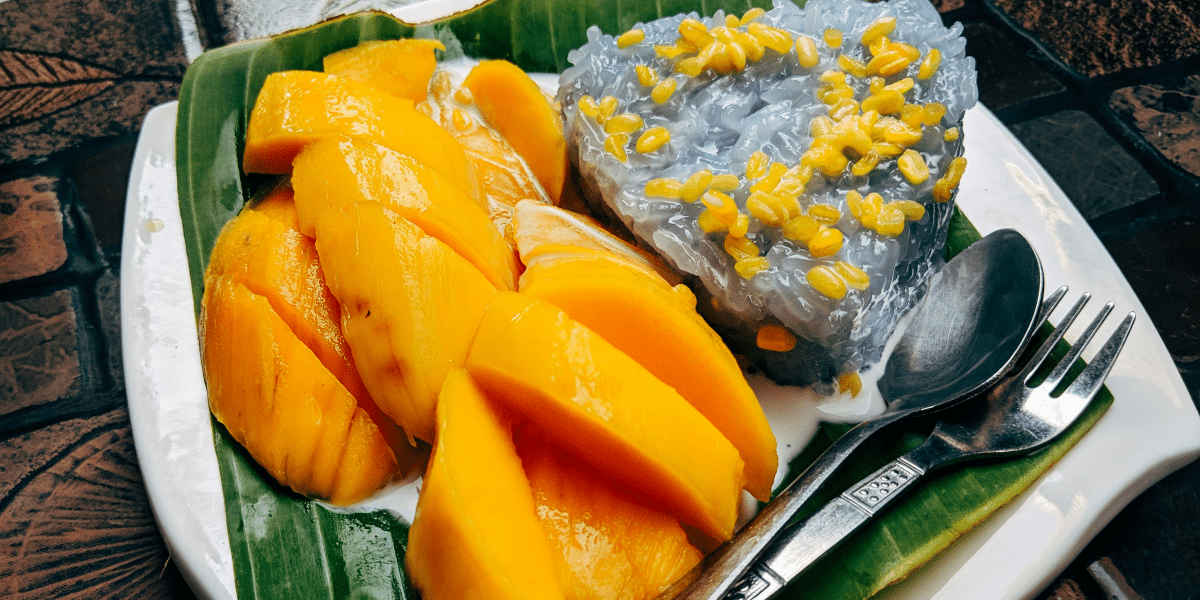The Essence of Sustainable Agriculture
In the sun-drenched fields and verdant landscapes of South Florida, a quiet revolution is underway. Farmers are embracing sustainable agriculture technology to cultivate crops in harmony with nature, leveraging innovation to maximize yields while minimizing environmental impact. From precision irrigation to vertical farming, these technologies are reshaping the agricultural landscape of the region, paving the way for a more sustainable and resilient food system. In this comprehensive exploration, we’ll delve deep into the world of sustainable agriculture technology in South Florida, uncovering its benefits, challenges, and potential for the future.
At its core, sustainable agriculture is about more than just growing crops—it’s about stewardship of the land, preservation of natural resources, and nourishment of communities. In South Florida, where agriculture has deep roots in the region’s history and culture, embracing sustainable practices is essential for safeguarding the delicate balance between people and the planet. By prioritizing sustainability, farmers can ensure the long-term viability of their operations while protecting the health and well-being of future generations.
Harnessing Technology for Sustainability
Advancements in agricultural technology are driving a paradigm shift in South Florida’s farming practices, empowering growers to cultivate crops more efficiently, responsibly, and profitably. From cutting-edge sensors to data-driven analytics, these technologies are revolutionizing every aspect of the agricultural supply chain, from seed to harvest to market. By harnessing the power of innovation, farmers can optimize resource use, minimize waste, and enhance productivity, all while reducing their environmental footprint.
Exploring Sustainable Agriculture Technologies
- Precision Irrigation: Precision irrigation systems employ sensors and automation to deliver water precisely where and when crops need it most, maximizing water efficiency and minimizing waste. By monitoring soil moisture levels and plant health in real-time, farmers can fine-tune irrigation practices to ensure optimal growing conditions while conserving water resources.
- Vertical Farming: Vertical farming takes agriculture to new heights—literally—by stacking crops in vertical layers, often in indoor or controlled environments. This innovative approach maximizes space utilization, reduces water and pesticide use, and minimizes transportation distances, making it an ideal solution for urban areas and land-constrained regions like South Florida.
- Hydroponics and Aquaponics: Hydroponic and aquaponic systems eschew traditional soil in favor of nutrient-rich water solutions or fish waste as a growing medium. By growing crops in water-based environments, farmers can achieve higher yields with less water and space, while also reducing the need for chemical fertilizers and pesticides.
- Biological Pest Control: Sustainable farmers in South Florida are increasingly turning to biological pest control methods as an eco-friendly alternative to chemical pesticides. By introducing beneficial insects or using pheromones to disrupt pest mating cycles, farmers can effectively manage pest populations while minimizing harm to beneficial insects and wildlife.
- Cover Cropping and Crop Rotation: Cover cropping and crop rotation practices are time-honored techniques for improving soil health, suppressing weeds, and enhancing crop resilience. By planting cover crops between cash crops and rotating crops seasonally, farmers can replenish soil nutrients, reduce erosion, and break pest and disease cycles naturally.
Benefits of Sustainable Agriculture Technology
The adoption of sustainable agriculture technology offers a plethora of benefits for farmers, consumers, and the environment alike:
- Environmental Conservation: Sustainable farming practices help preserve natural resources, protect biodiversity, and mitigate climate change by reducing greenhouse gas emissions and minimizing pollution.
- Resource Efficiency: By optimizing resource use and minimizing waste, sustainable agriculture technology helps farmers operate more efficiently and cost-effectively, improving profitability and long-term viability.
- Enhanced Crop Quality: Sustainable farming methods can improve soil health, enhance crop nutrient content, and reduce the need for chemical inputs, resulting in higher-quality, healthier produce for consumers to enjoy.
- Climate Resilience: Sustainable agriculture practices, such as cover cropping and agroforestry, can help build resilience to climate change impacts, such as extreme weather events and shifting growing conditions, ensuring food security and stability for future generations.
Challenges and Opportunities Ahead
Despite the myriad benefits of sustainable agriculture technology, it also faces challenges that must be addressed to realize its full potential in South Florida:
- High Initial Costs: Some sustainable agriculture technologies, such as precision irrigation systems or vertical farming infrastructure, may require significant upfront investment, posing financial barriers for farmers, particularly small-scale producers.
- Knowledge and Training: Adopting new technologies often requires specialized knowledge and training, which may be lacking among farmers in South Florida. Providing education and support for technology adoption is essential for overcoming this barrier and fostering innovation.
- Market Access: Sustainable farmers may face challenges accessing markets and securing fair prices for their products, particularly if consumers are not willing to pay a premium for sustainably grown produce. Building consumer awareness and demand for sustainable products is crucial for addressing this issue and creating a more sustainable food system for all.
The Path Forward
As South Florida continues to confront the challenges of climate change and seeks to transition to a more sustainable and resilient food system, sustainable agriculture technology will play an increasingly important role in shaping the future of farming in the region. By embracing innovation, collaboration, and commitment to sustainability, farmers can cultivate a brighter, greener future for agriculture and the planet. With continued investment in research, education, and policy support, South Florida can lead the way towards a more sustainable, equitable, and prosperous future for all. Together, we can nurture a thriving ecosystem of sustainable agriculture technology that nourishes our communities, preserves our natural heritage, and sustains us for generations to come.









